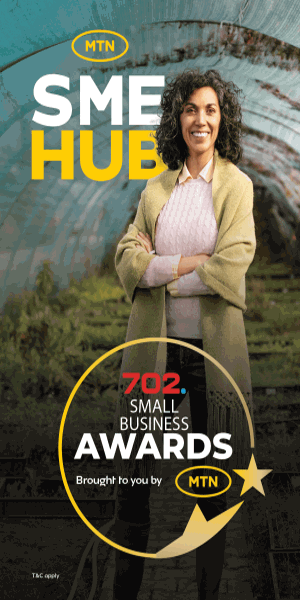The Molteno Institute and MTN support teachers, and students across the country
In 2020, the South African adult illiteracy rate was 10%. While this was a small improvement compared to the previous year, and a larger increase over 10 years, a total of 3.7 million adults in South Africa were still illiterate just three years ago. In formal schooling, the situation is worse. About 78% of South African grade 4 learners cannot read for meaning in any language. The scourge of illiteracy may not be easily overcome, but initiatives like those created by the Molteno Institute are playing a huge role in the improvement of literacy rates among South African school children.
An independent national literacy non-profit organisation dedicated to improving literacy levels across the African continent, Molteno promotes mother tongue languages – particularly African indigenous languages – and works to improve reading, writing, speaking as well as listening skills in disadvantaged communities. In addition, the Molteno Institute provides professional development of teachers through training, coaching and mentoring.
Masennya Dikotla, CEO of the Molteno Institute, explains that literacy and numeracy are much harder to achieve when children are not taught in their mother tongue at the foundation stage, and this is precisely what Molteno’s programmes have been designed to assist with. “Children learn better and faster in their home language, but too many schools try to fill the gap by teaching in second or third languages. We have created comprehensive solutions that not only allow students to learn more effectively, but that enable educators to achieve better outcomes in their schools and classrooms,” he says.

Going digital
Much of the Molteno Institute’s work was done face-to-face before the Covid-19 pandemic, particularly the coaching initiatives for teachers. The pandemic, and the national lockdown that was declared as a result, forced Molteno to increase its online presence to keep supporting the educators in the company’s care while continuing the distribution of the learning materials that students needed.
Molteno partnered with MTN Business to ensure it was still able to support teachers and students alike. The two companies created a solution that provided Molteno with preferential data rates, allowing educators to access a full range of resources.
Providing a tablet with a pre-loaded app to teachers, Molteno was able to offer them all of the support they needed to continue helping students learn. From lesson plans to video clips, to access to experts, MTN and Molteno ensured that teachers were able to get the support they needed and that students could still access the materials they needed. Molteno also created WhatsApp study groups, helped teachers with assessment tools, and continued to facilitate master trainers and coaches through various digital platforms.
“We have seen such great success through this offering that the Department of Basic Education is looking at adopting some of our methods across the country. MTN’s support has allowed us to create a solid foundation for learners and teachers across South Africa that will only continue to grow as more schools start using this approach,” Dikotla says.
Award-winning solutions
The Molteno Institute is no stranger to accolades. In addition to the Department of Basic Education using solutions developed by Molteno in a number of ways over the past few years, the organization has won numerous international awards.
Last year, Molteno won the UNESCO Confucius International Literacy Award for its School Readiness Initiative (SRI) programme. Through SRI, Molteno supports Grade R teachers with modern ICT technology, roping parents and broader community members into the school systems to create natural playgrounds for the realisation of learning through play. The Institute had won this prize before, in 2014, for a project named Bridges to the Future Initiative (BFI). BFI uses interactive computer-based learning together with existing literacy learning programmes, offering the learner a choice of language of instruction.
Molteno was also named one of two Laureates for the 2020 Al-Sumait Prize for African Development in the field of Education, winning with the Breakthrough to Literacy (BTL) and Bridge to English (BTE) programmes. BTL is a mother tongue programme which has been implemented successfully across South Africa as well as in seven other African countries.

Partnerships key to success
These successes would not have been achievable without partnerships, says Dikotla. He explains that this is the core of what Molteno stands for: Enabling people to add value to other people’s lives.
“Walking any road alone can be very lonely. If you walk with the right people, you can walk a longer distance,” he says. “We want partnerships where everyone can see value, and we have built quite a few of these partnerships over the past few years.”
This includes partnerships within his own team. Dikotla says he sees himself as more of a coach than a CEO, allowing his people to use their expertise while he helps rather than dictating what they should be doing. Similarly, Dikotla ensured that bad relationships with publishers were terminated in favour of other contracts that helped Molteno be more innovative and agile through partnerships.
“I am proud to be surrounded by people who are great at what they do, and it is my job to support them to continue being able to innovate and develop products that add value. That means developing new partnerships with different publishers and growing existing partnerships like the one with MTN Business. Molteno’s successes prove how much value these types of partnerships can offer, and we are looking forward to building an even stronger portfolio with our partners in the future,” Dikotla concludes.

